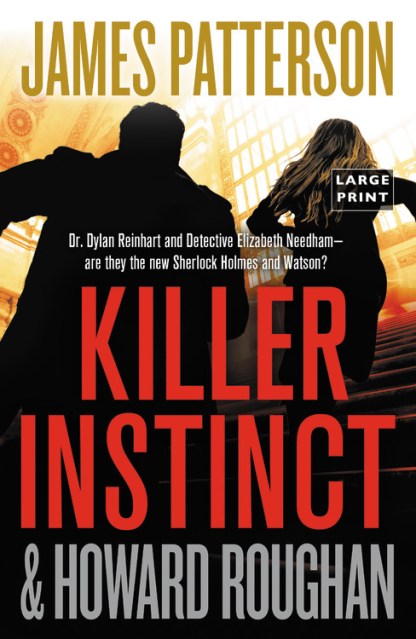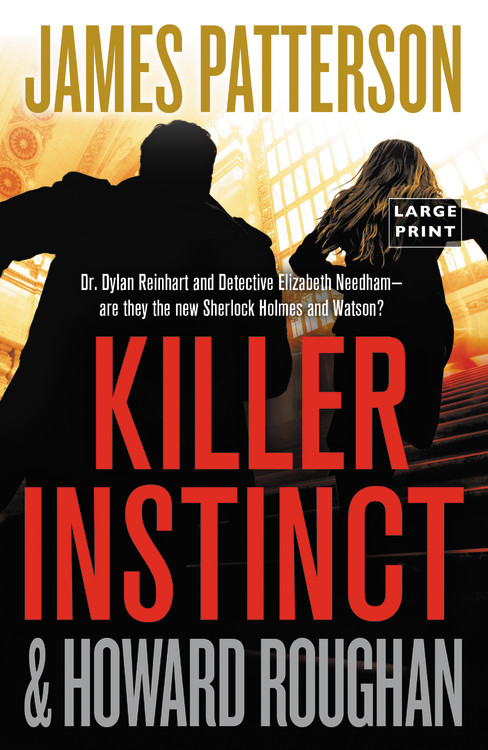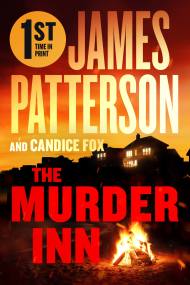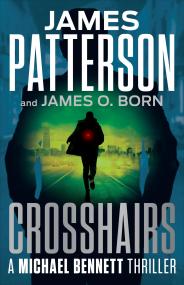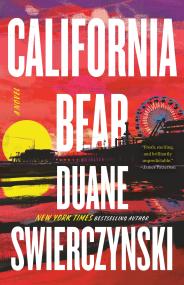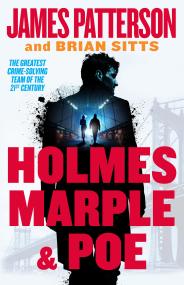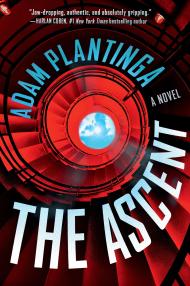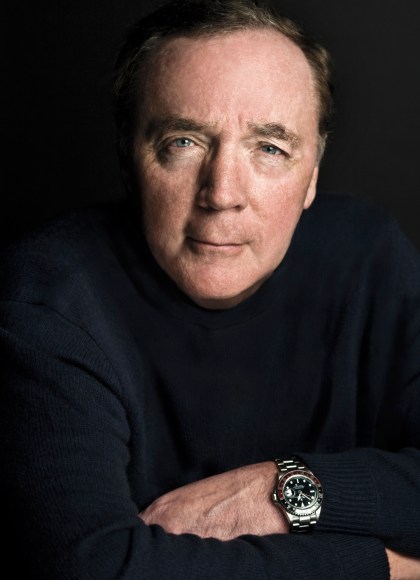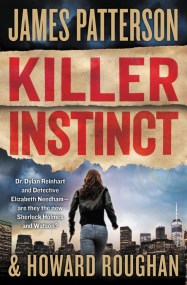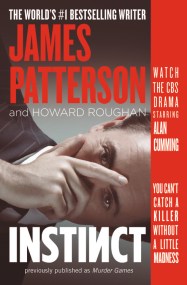Promotion
Use code MOM24 for 20% off site wide + free shipping over $45
Killer Instinct
Contributors
With Howard Roughan
Formats and Prices
Price
$30.00Price
$39.00 CADFormat
Format:
- Trade Paperback (Large Print) $30.00 $39.00 CAD
- ebook $9.99 $12.99 CAD
- Audiobook Download (Unabridged)
- Trade Paperback $16.99 $22.99 CAD
- Mass Market $9.99 $12.99 CAD
This item is a preorder. Your payment method will be charged immediately, and the product is expected to ship on or around September 9, 2019. This date is subject to change due to shipping delays beyond our control.
Also available from:
Dr. Dylan Reinhart and Detective Elizabeth Needham reunite to stop the most sinister plot against New York City since 9/11.
The murder of an Ivy League professor pulls Dr. Dylan Reinhart out of his ivory tower and onto the streets of New York, where he reunites with his old partner, Detective Elizabeth Needham. As the worst act of terror since 9/11 strikes the city, a name on the casualty list rocks Dylan's world. Is his secret past about to be brought to light?
As the terrorist attack unfolds, Elizabeth Needham does something courageous that thrusts her into the media spotlight. She's a reluctant hero. And thanks to the attention, she also becomes a prime target for the ruthless murderer behind the attack.
Dylan literally wrote the book on the psychology of murder, and he and Elizabeth have solved cases that have baffled conventional detectives. But the sociopath they're facing this time is the opposite of a textbook case. There's no time to study for the test he's about to give them. And if they fail, they die.
As the terrorist attack unfolds, Elizabeth Needham does something courageous that thrusts her into the media spotlight. She's a reluctant hero. And thanks to the attention, she also becomes a prime target for the ruthless murderer behind the attack.
Dylan literally wrote the book on the psychology of murder, and he and Elizabeth have solved cases that have baffled conventional detectives. But the sociopath they're facing this time is the opposite of a textbook case. There's no time to study for the test he's about to give them. And if they fail, they die.
Genre:
- On Sale
- Sep 9, 2019
- Page Count
- 512 pages
- Publisher
- Little, Brown and Company
- ISBN-13
- 9780316422338
Newsletter Signup
By clicking ‘Sign Up,’ I acknowledge that I have read and agree to Hachette Book Group’s Privacy Policy and Terms of Use
